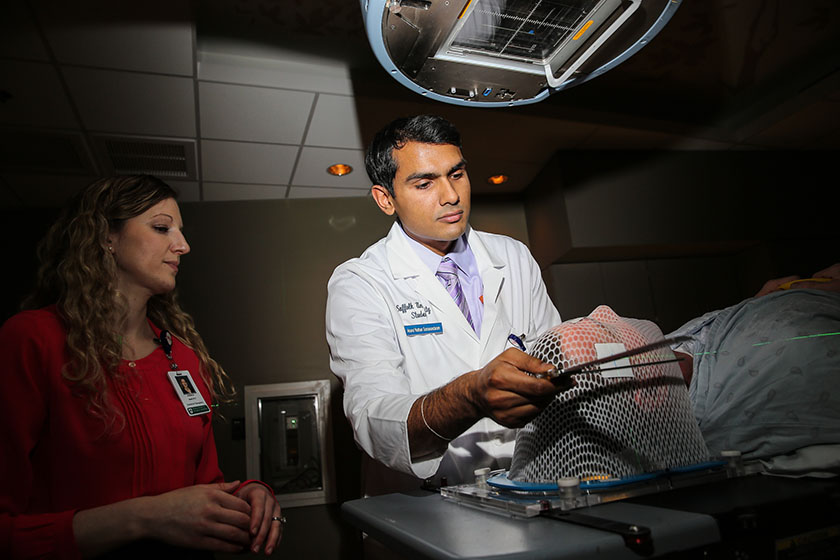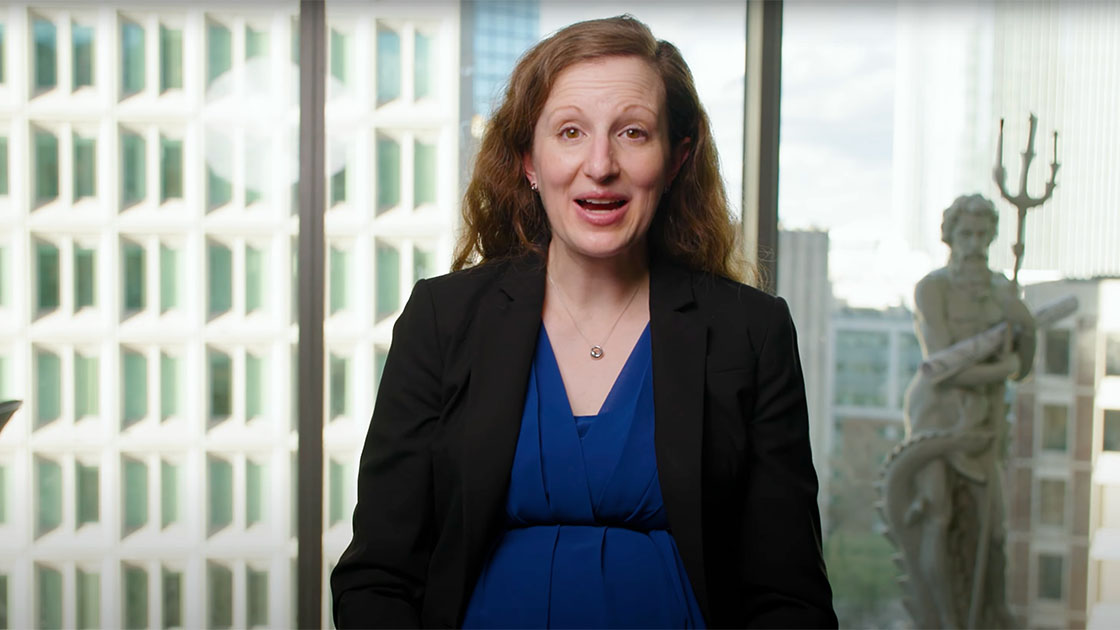State Licensure
Suffolk University’s undergraduate Radiation Therapy program meets the educational requirements qualifying graduates to apply for state licensure in the following states, subject to satisfactorily meeting all other requirements for licensure in each state: Arizona, Arkansas, California, Connecticut, Delaware, Florida, Hawaii, Illinois, Indiana, Iowa, Kansas, Kentucky, Louisiana, Maine, Maryland, Massachusetts, Mississippi, Montana, Nevada, New Hampshire, New Jersey, New Mexico, New York, North Dakota, Ohio, Oregon, Rhode Island, South Carolina, Texas, Utah, Vermont, Virginia, Washington, West Virginia, and Wyoming.
The following states and district do not have state licensure requirements for practicing in radiation therapy, but do have minimum educational requirements, which the undergraduate Radiation Therapy program meets, subject to satisfactorily meeting all other requirements for practice in each state or district: Alaska, Colorado, District of Columbia, Georgia, Minnesota, Nebraska, and Pennsylvania.
As of January 2022, the following states do not have state licensure or minimum educational requirements for practicing in radiation therapy: Alabama, Idaho, Michigan, Missouri, North Carolina, Oklahoma, South Dakota, Tennessee, and Wisconsin. Each employer is entitled to make individual decisions regarding minimal standards for employment in radiation therapy.





 Visit Us
Visit Us Request Information
Request Information Apply
Apply